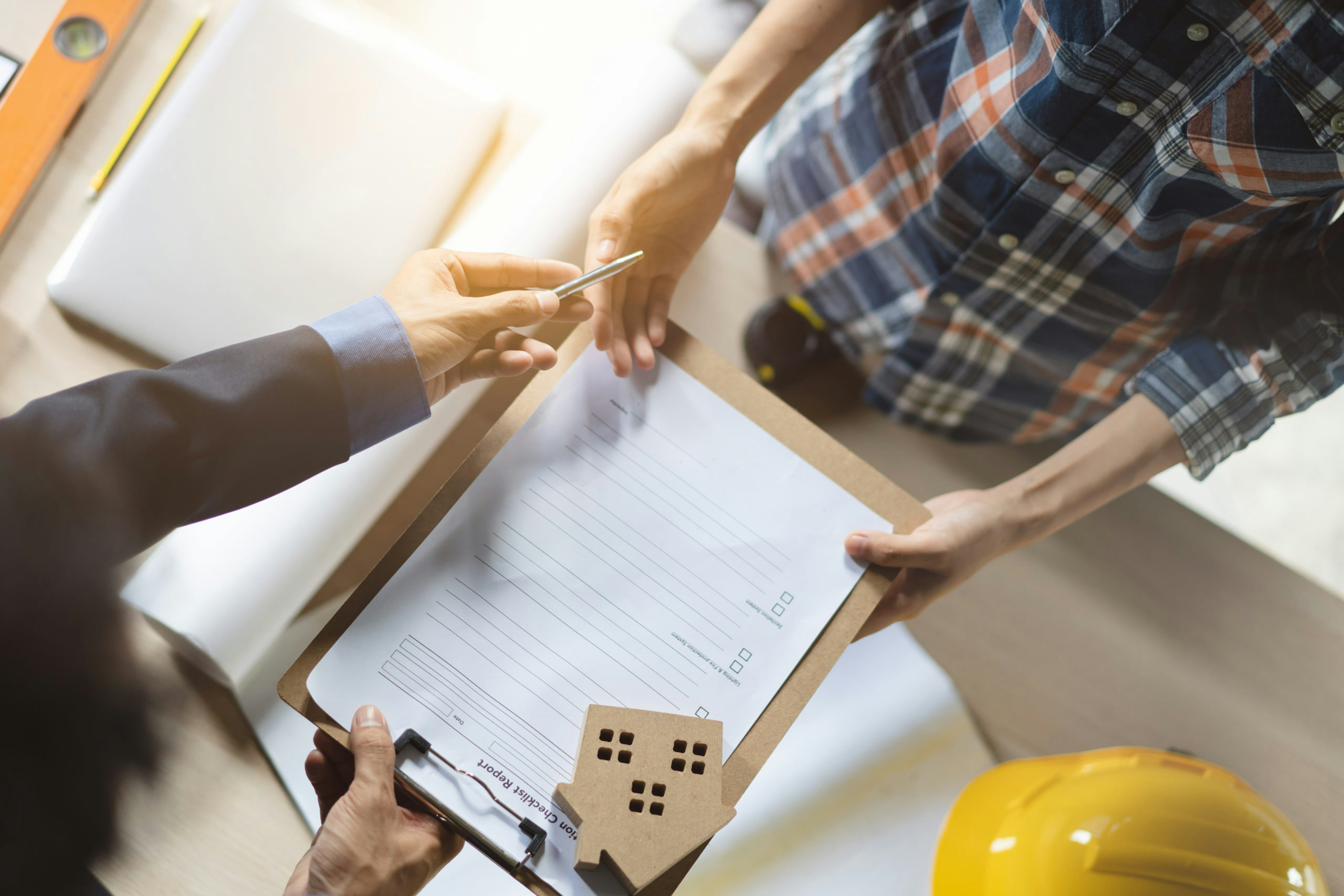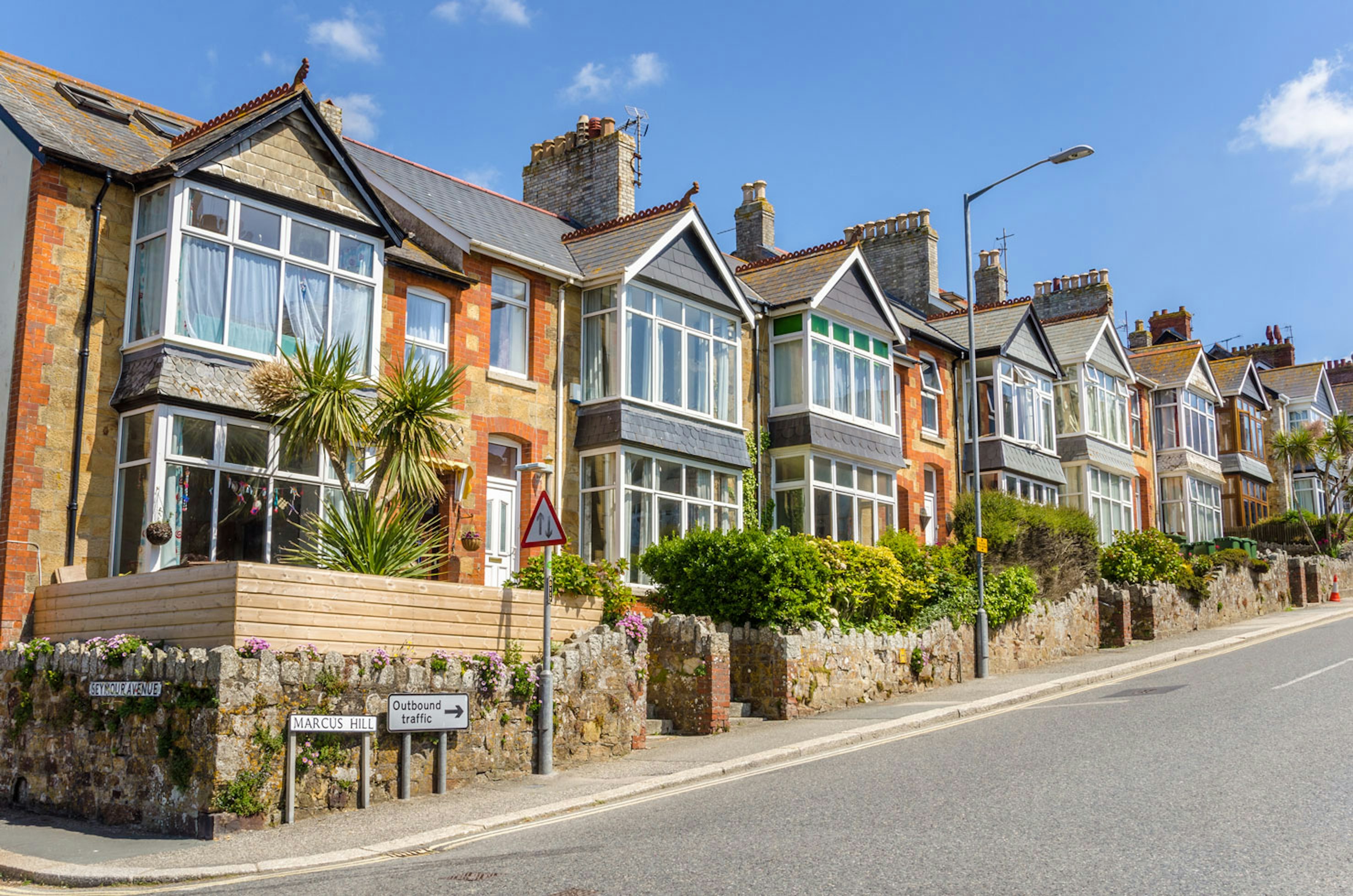What is Section 11 under the Landlord and Tenant Act 1985?
Section 11 under the Landlord and Tenant Act 1985 provides an obligation on landlords to maintain the exterior and structure of the rentals property.
By Alan Boswell Group

This includes installations for the provision of water, heating systems, drainage, sanitary appliances and gas and electricity. It ensures a rented property is kept in a good state of repair. In this guide we’ll explore the implications of section 11 of the Landlord and Tenant Act 1985 for landlords and tenants whilst covering tenant and landlord responsibilities.
Section 11: the basics
Section 11 provides an absolute and non-excludable obligation upon landlords to carry out basic repairs in all short-lease tenancy agreements, which includes assured shorthold tenancies and periodic tenancies. It applies unless the tenancy:
Has a fixed term of seven years or more
Started before October 24, 1961
Landlords cannot legally attempt to override their responsibilities or pass them on to the tenant by putting such clauses into a tenancy agreement.
Landlord obligations under section 11
There are two fundamental repair and maintenance requirements that a landlord must adhere to when renting a private dwelling. Section 11 states that landlords must:
Keep in repair the structure and exterior of the building, including roof tiles, gutters, drains and pipes. This also includes structures such as staircases, bannisters and internal walls and plasterwork.
Keep in repair and proper working order the installations for water, gas, and electricity plus basins, sinks, baths and toilets. This includes water tanks and pipes, gas pipes, boilers, electrical wiring, radiators and any other installation for space heating and water heating.
It’s worth pointing out that the terms “keep in repair” and “proper working order” imply that everything was in good repair and working at the start of the tenancy. If this was not the case, then under the Act the landlord has an obligation to bring the property up to standard and ensures repairs are carried out in a timely manner.
When is a landlord not responsible for repairs?
There are some circumstances where a landlord is not responsible for carrying out repairs or keeping installations in proper working order. They are not obligated to:
Carry out works or repairs where the tenant becomes liable for causing the damage themselves
Rebuild or reinstate the premises in the case of destruction or damage by fire, or by tempest, flood or other inevitable accident
Keep in repair or maintain anything which the lessee is entitled to remove from the dwelling-house.
Where the tenant is responsible for damage, they should arrange for the repairs to be carried out themselves. If they refuse, the cost or repairs can be recovered by the landlord from the tenant’s deposit, or through the courts should it prove necessary.
What items are covered by Section 11?
Landlords are duty bound to provide a dwelling that is fit for human habitation and free from safety hazards. The dwelling must offer basic utilities, including heat, light, power and sanitation. Here, we’ll look at the fixtures and fittings landlords must provide and, as importantly, keep in repair and good working order.
Electricity: landlords must provide and maintain safe electrical installations, including wiring, switches, circuit boards, light fittings and plug sockets, and have inspections carried out every five years.
Appliances: Where a landlord provides electrical appliances, such as washing machines, fridges and spin dryers, it is their responsibility to repair them (unless damaged by the tenant)
Gas: All gas appliances, fittings, installations, pipes and flues must be kept in perfect working condition, and subject to an annual gas safety inspection
Water: Landlords must provide and ensure the supply of running water, and provide facilities including basins, sinks, baths, water tanks etc.
Sanitation: Landlords must provide and maintain working toilets and sewerage and drainage systems
Heating and hot water: Landlords must provide and maintain heating and a supply of hot water, with gas boilers and appliances checked annually and electric boilers and heating systems every five years.
Fire and smoke alarms: Where fire and smoke alarms are mandatory, their operation should be checked regularly by tenants, with any faults rectified by the landlord.
Read more: Fit for human habitation: what landlords need to know before renting out a property
What are the tenant’s responsibilities under section 11?
Section 11 states that the lessee has a “duty to use the premises in a tenant-like manner”. In essence, this means that tenants are expected to take good care of the dwelling, carry out daily maintenance tasks and not do anything that directly leads to a deterioration of the fabric of the building or the installations and facilities provided. For example, they should:
Properly use all gas and electrical installations and appliances
Keep the dwelling clean
Heat and ventilate the property appropriately
Try to ensure drains do not become blocked
Follow the rules on pets and smoking
Not undertake hazardous activities that could cause damage to the property
The tenant is also responsible for reporting damages to the landlord as soon as they become aware of them, so that the landlord can take action as quickly as possible. Landlords are only obliged to carry out repairs where they have either:
Been reported to them by the tenant, or
Come to light during a routine inspection of the dwelling.
Therefore, landlords can’t be held legally responsible for repairing damage they didn’t know about.
Carrying out repairs under Section 11
Once the landlord has been notified by the tenant of the need for a repair, they should respond as quickly as possible. The tenant must allow the landlord, or an authorised agent, a right of entry to view the “condition and state of repair” at reasonable times of the day on giving 24 hours’ written notice. Where it is established that the repair is, indeed, the landlord's responsibility, it should be carried out within a reasonable time (which is not defined in law). If the damage is such that it either endangers the safety of the tenants, or causes them significant discomfort (like a broken boiler in winter), repairs should be carried out as a matter of urgency. Again, landlords must request access from the tenant to carry out the repairs at a convenient time. The landlord has a defence in law if they are denied access to the property to carry out a repair, as long as they can prove they made “all reasonable endeavours”.
The standard of repairs under Section 11
A landlord only has to repair the dwelling back to the standard it was when the tenant moved in, as long as the condition was satisfactory at that time. They are not required to upgrade or improve any part of the property, unless agreed in the tenancy agreement. Read our complete guide to landlord responsibilities, or download our landlord checklist.
Need help with your insurance?
Whether you need a quote, have a general enquiry, or want to talk it through over the phone, we're here to help.
Send an enquiry
Related guides and insights

Advice for accidental landlords
Have you become an accidental landlord? Our guide gives you everything you need to navigate your way through the realities of becoming a landlord.

A landlord’s guide to property inspections
House and property inspections play a vital role in making sure your property is being maintained. To help you arrange a house inspection and clarify your landlord rights and responsibilities, here’s what to consider.

A landlords guide to sitting tenants
Sitting tenants can complicate a sale, but that doesn’t always have to be the case. We explore how sitting tenants can affect your property and what you can do to make the sale process as smooth as possible.

A landlord’s guide to rental arrears
When a tenant falls into rental arrears, it can cause major problems. We look at how to deal with non-payment of rent, what options are available to you and how you can protect yourself against loss of income.
